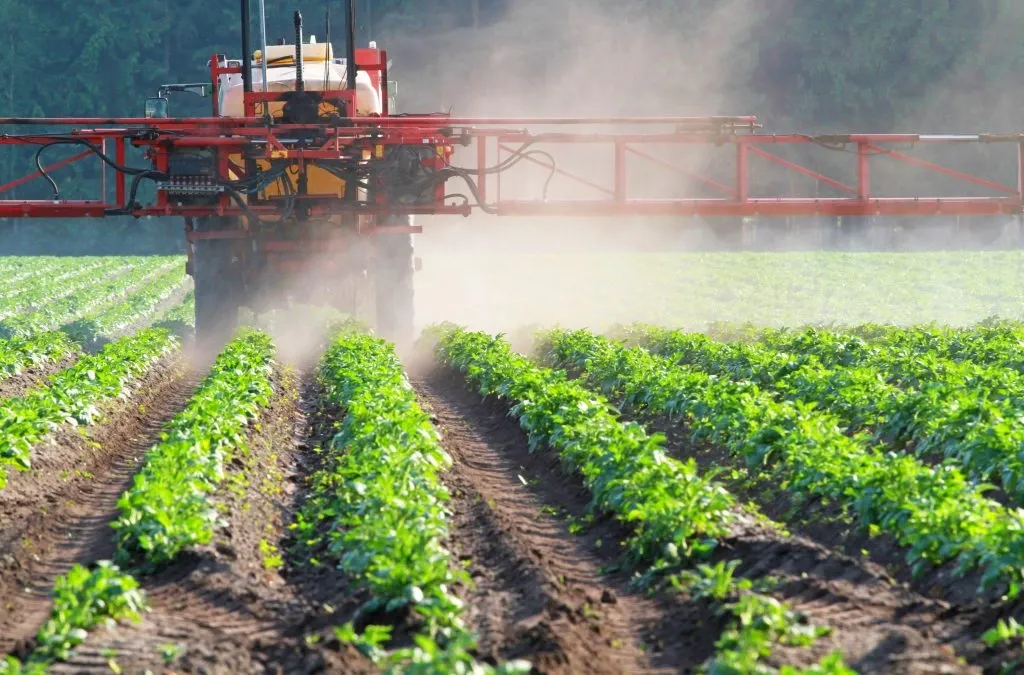A large number of pesticides would be considered non-biodegradable. These types of pesticides have an alternate name of recalcitrant pesticides as they contain recalcitrant compounds, these compounds can range from halogenated hydrocarbons to complex polymers.
Some of the most harmful materials that can be found in non-biodegradable pesticides are:
- Aldrin
- Chlordane
- Endrin
- Parathion
These pesticides can last for up to and beyond 15 years. This is alarming when comparing this decomposition time to biodegradable pesticides which can biodegrade in a matter of days or weeks by organism and microbes within the soil.
These non-biodegradable pesticides will not only just remain in the soil for years to come but they can also destroy the nutrients within the soil and water. Having this within the soil can contaminate the human and wildlife food supply.
If you are a home grower, it is very important to make sure that you are using non-biodegradable pesticides if you are using any at all. This is because you can poison local wildlife as well as pets and humans around you.
How do pesticides harm humans and the environment?
Pesticides are extremely harmful to people as well as the environment. There are hundreds of studies that have linked pesticides to come from our most common diseases such as Birth Defects, Cancer, and Alzheimer's.
When you consume most pesticides they are stored within your colon, from here they will slowly poison your body and bloodstream. Most non-organic grown products will have a large number of pesticides on them. Even if these pesticides have been washed off they can still have penetrated the product leaving the pesticide within what will be consumed.
Below is a list of products that will have a higher chance of absorbing harmful chemicals that should be purchased in an organic form.
- strawberries
- potatoes
- domestic blueberries
- apples
- nectarines
- lettuce
- peaches
- spinach
- kale
- sweet bell peppers
- cherries
- imported grapes
- celery
And the below list is an example of a product that will be less likely to absorb pesticides.
- pineapples
- avocados
- sweet corn
- cabbage
- onions
- sweet peas
- sweet onions
- mango
- kiwi fruit
- asparagus
- sweet potatoes
- watermelon
- grapefruit










